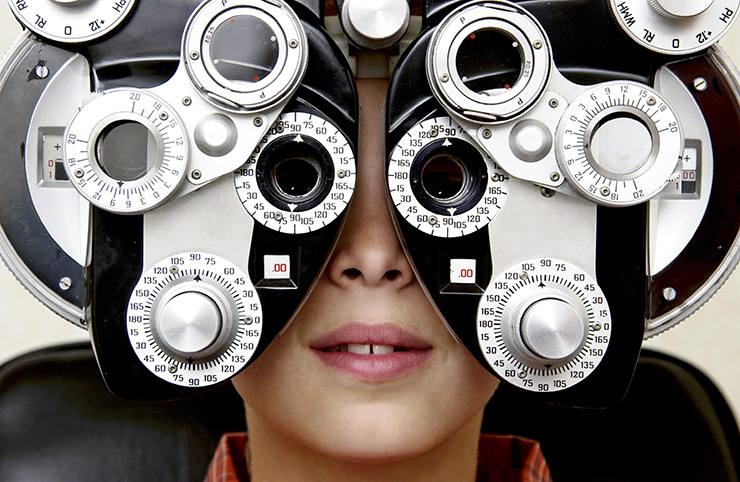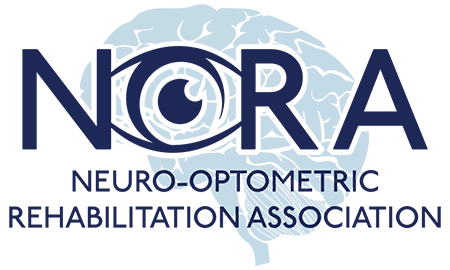Here are some tips to help you prepare for your visit to a Neuro-Optometric Rehabilitation Optometrist.
Before Your Appointment

- When making the appointment, either by phone or online, provide a few details about your concern so that a proper length of time can be scheduled.
- Ask the doctor to send you a copy of his/her office’s medical history form before your visit so you can fill it out at home, where you have the time and information you need to complete it. The Concussion Legacy Foundation offers helpful tips on how to put together your concussion history (View a print-friendly PDF)
- Request a copy of your medical records from your previous doctor or primary care physician; if you don’t have these, you can ask your previous doctor to send them. Bring a list of other doctors/health care professionals you are seeing, along with their contact information.
- Make a list of the medications you are taking (or bring in the bottles) including the doses and frequency of prescription and over-the-counter drugs, as well as herbs, supplements and vitamins.
- Download and fill out the Brain Injury Vision Symptom Survey (BIVSS) to bring with you. The BIVSS was developed to assist health care providers document vision complaints secondary to mild-to-moderate brain injury with adults and measures a wide variety of symptoms associated with Traumatic Brain Injuries. The information you provide can help the doctor in understanding your symptoms so he/she can evaluate your concerns.
At Your Appointment
During your appointment, one of the best ways to communicate with your doctor is by asking questions. Because time is limited during medical appointments, you will feel less rushed if you prepare your questions before your appointment.
Here are some suggestions for questions you can ask during your visit:
- What is the cause of my vision problems?
- What kind of tests are involved and when do you expect to have the results?
- Will you send the test results to my primary care physician (and/or other members of my rehabilitation team)?
- Is my condition stable, or might it worsen or lead to or other problems?
- Are there any new symptoms I should watch out for?
- Are there treatments for my condition? If so, when can treatment start and how long will it last?
- What are the benefits of treatment? Are there any risks/side effects?
- What medical and rehabilitative resources are available to help me?
